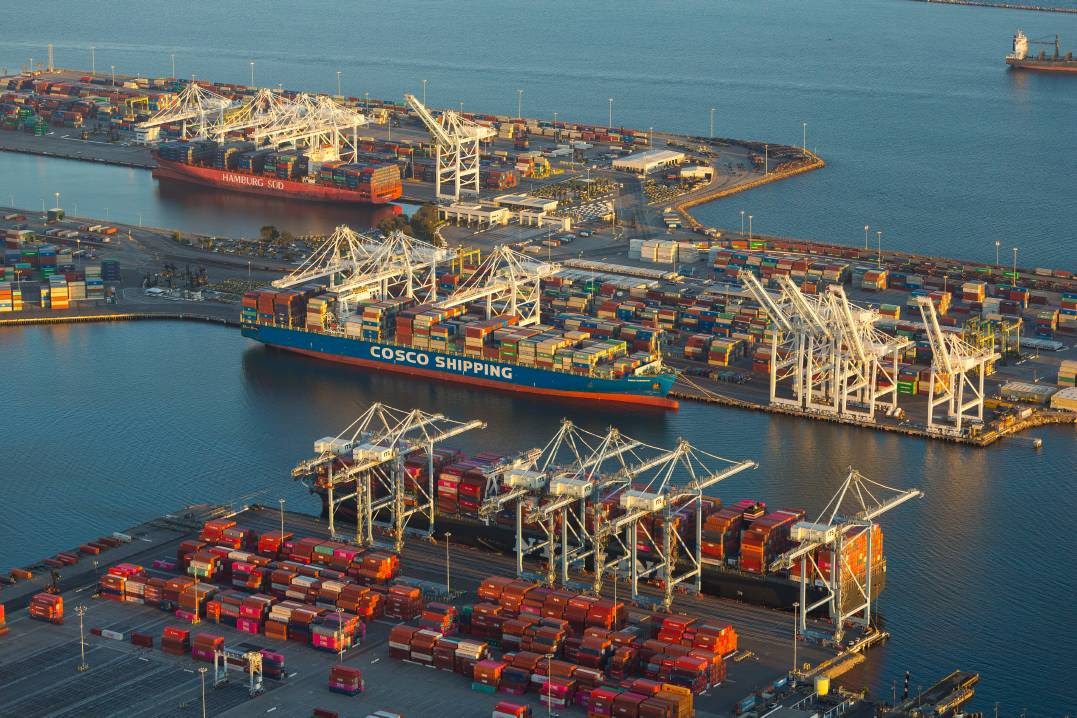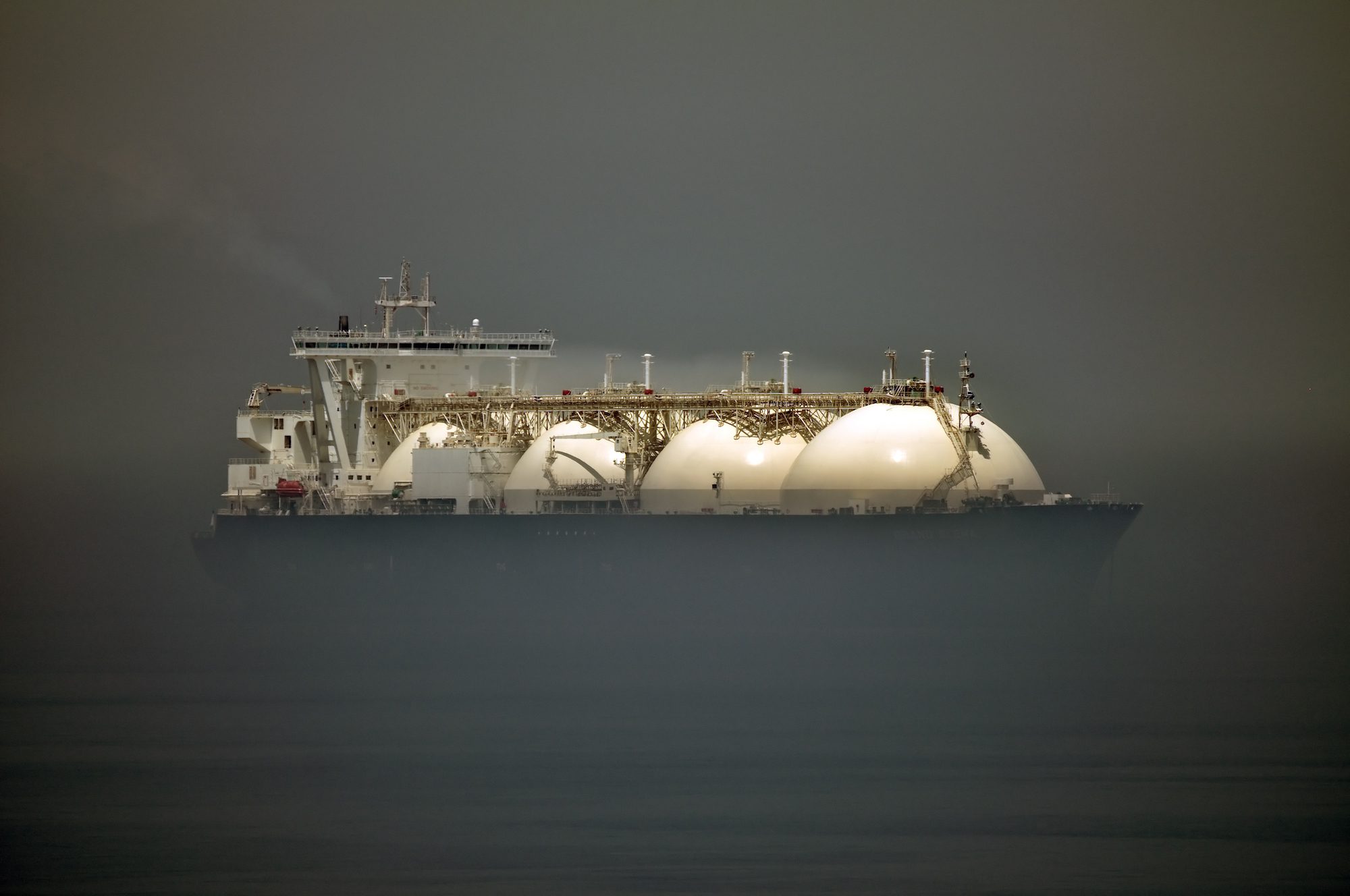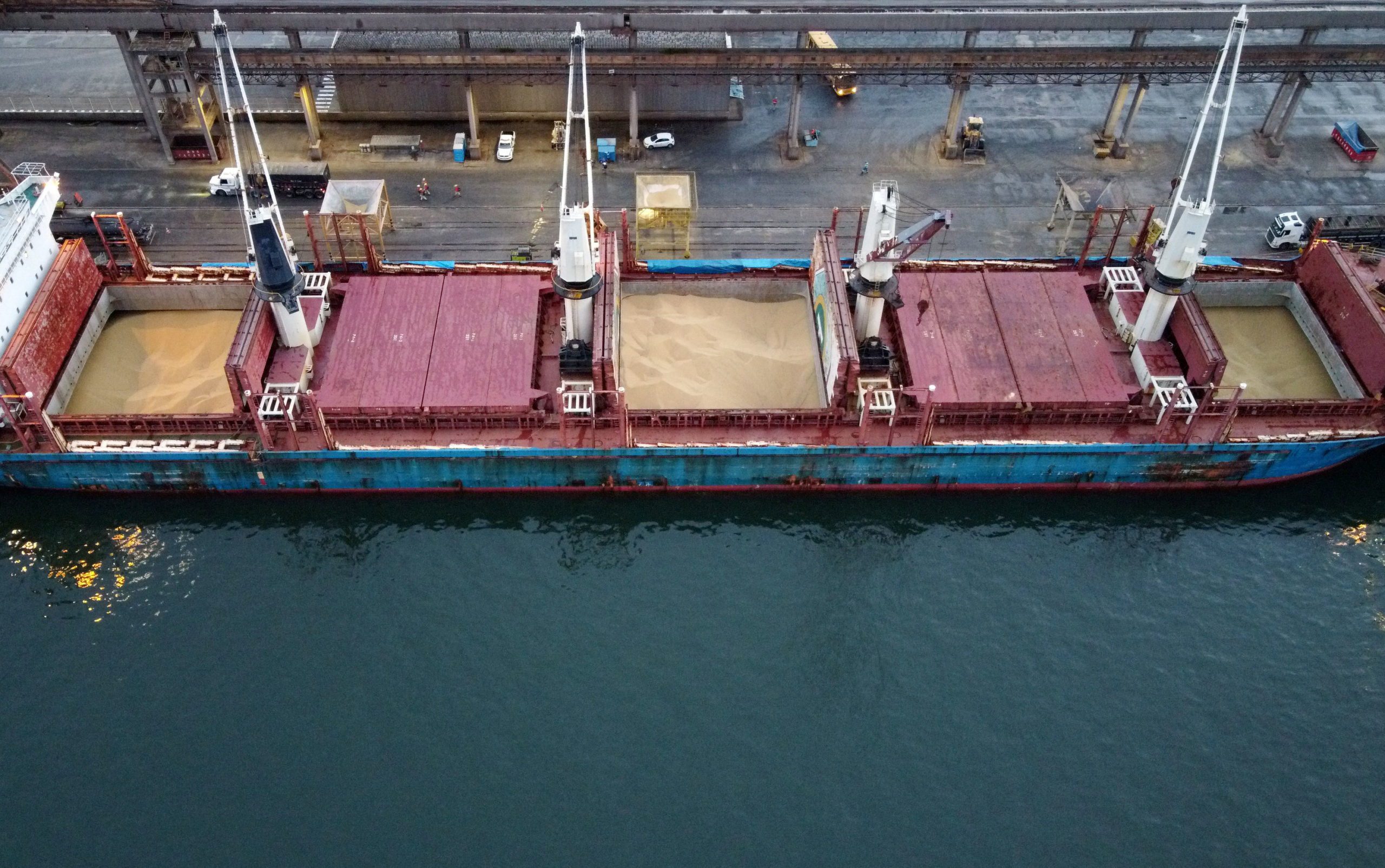The U.S. Federal Maritime Commission is stepping up its scrutiny of ocean carriers by establishing a new audit program and dedicated team to assess carrier compliance with the agency’s rule on detention and demurrage.
The “Vessel-Operating Common Carrier Audit Program” was officially established Monday at the direction of FMC Chairman Daniel B. Maffei. It will launch immediately.
The audit program will analyze the top nine carriers by market share for compliance with the Commission rule interpreting 46 USC 41102(c) relating to detention and demurrage practices in the United States. The FMC said of the nine largest carriers (Maersk, MSC, CMA CGM, COSCO, Hapag-Lloyd, ONE, Evergreen, HMM and Yang Ming) will be audited irrespective of whether a formal or informal complaint has been filed.
The FMC said it will work with companies to address their application of the rule and clarify any questions or ambiguities. Information supplied by carriers may also be used to establish industry best practices. Other areas of the audit process may include practices of companies related to billing, appeals procedures, penalties assessed by the lines, and any other restrictive practices.
The audit comes just weeks after President Biden issued an executive order directing over a dozen federal agencies to take action to promote competition in the American economy and urge a crack down on anti-competitive practices. One of the initiatives in the order directs the FMC to take steps to protect American exporters from high costs imposed by ocean carriers and crack down on “unjust and unreasonable fees,” including detention and demurrage charges that have soared during the pandemic.
Detention and demurrage charges are widely used in container shipping and are often unclear or ambiguous to shippers who pay them. The charges cover the use of shipping containers beyond a free time period and are applied to encourage timely pickup and return of cargo and equipment. D&D charges have gained a lot of attention at the FMC during the pandemic as imports have soared, disrupting cargo flows and creating equipment imbalances.
In announcing the Executive Order, White House Press Secretary Jen Psaki noted that just three foreign-owned shipping alliances now control more than 80 percent of the market, contributing to a spike in shipping costs and fees during the pandemic and leaving exporters at mercy of large foreign companies.
“The Federal Maritime Commission is committed to making certain the law is followed and that shippers do not suffer from unfair disadvantages,” said said Chairman Maffei. “The work of the audit team will enable the Commission to monitor trends in demurrage and detention practices and revenue, as well as to establish ongoing dialog between staff and carriers on challenges facing the supply chain. Of course, if the audit team uncovers prohibited activities, the Commission will take appropriate action. Furthermore, the information gathered by the audit process might lead to changes in FMC regulations and industry guidance if warranted.”
Last week, the FMC and Department of Justice’s Antitrust Division signed an agreement to increase cooperation and communication in oversight and enforcement responsibilities of the ocean liner shipping industry. The agreement, a first between the FMC and DOJ, establishes a framework for the two agencies to continue regular discussions and review law enforcement and regulatory matters affecting competition in the shipping industry.
The Audit Program announced today will begin with an information request establishing a database of quarterly reports allowing the FMC to assess how detention and demurrage is administered. Responses will be followed by individual interviews with the carriers.
Lucille Marvin, the Commission’s Managing Director, will lead both the audit program and the audit team, which will initially be comprised of existing Commission employees.

 Join The Club
Join The Club











